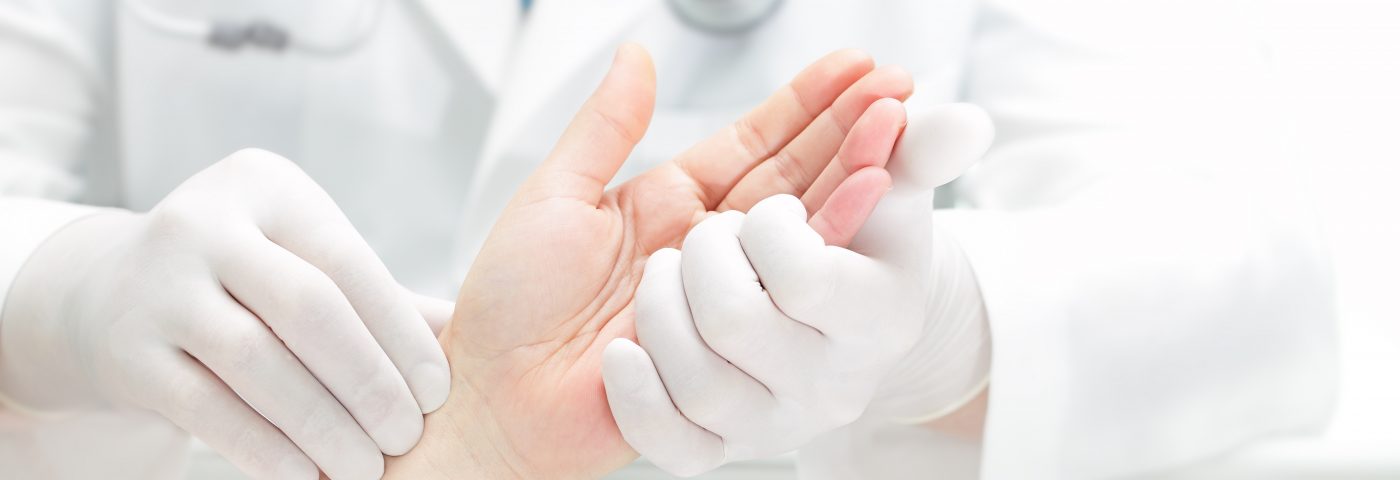Corticosteroids are medications that mimic the activity of the adrenal hormones cortisol and aldosterone, which are deficient in cases of adrenal insufficiency. These hormones are produced by the adrenal glands, whose functioning is affected due to the buildup of very-long-chain fatty acids in Addison’s disease.
While corticosteroid therapy is generally considered safe, here a few pointers you should keep in mind while taking these medications.
Adhere to the prescribed dose and schedule
Take corticosteroids in the exact dose and schedule prescribed by your doctor. Too high a dose can cause problems such as mood swings, osteoporosis (porous bones), and insomnia (difficulty in sleeping). If you are experiencing prolonged or serious side effects, consult your doctor immediately.
Understand the side effects
The side effects depend on the type and dose of corticosteroid being taken. For example, oral corticosteroids taken as tablets affect the entire body and cause weight gain, high blood pressure, and swelling in the lower legs. Long-term use may trigger diabetes and cause osteoporosis.
Talk to your doctor about the likely side effects during corticosteroid therapy, and note the immediate steps needed to address them. If required, you may be asked to switch to non-oral forms of corticosteroids.
Eat a healthy diet
Long-term corticosteroid therapy such as hydrocortisone can cause increased appetite and a tendency to gain excess weight. Therefore, eat a well-balanced diet for good health and to reduce side effects.
The general recommendation is that the diet should be moderately rich in protein, low in fat, and based mainly on carbohydrates. Sodium intake should be low while water, calcium, magnesium, and potassium intake should be high. Consult your doctor or dietitian for a personalized diet regimen and make sure to follow it.
Take calcium and vitamin D supplements
Corticosteroids can make bones prone to injury. Apart from consuming foods rich in calcium, taking calcium and vitamin D supplements is also recommended. Consult your doctor before taking any supplements.
Do not discontinue the therapy suddenly
If you are on corticosteroid therapy, your adrenal glands will make low quantities of natural steroid hormones, and it takes time (anywhere between a week to several months) for them to recover their original production capacity. Therefore, the withdrawal from corticosteroid therapy should be gradual.
Sudden withdrawal can cause side effects such as fatigue, lightheadedness, nausea, joint pain, loss of appetite, and body aches. Never discontinue or alter your dosage of a corticosteroid unless advised specifically by your doctor.
Monitor changes in other hormone levels
Corticosteroid therapy can influence the levels of other body hormones such as growth hormone, thyroid-stimulating hormone, and adrenocorticotropic hormone. Make sure to follow up regularly with an endocrinologist so that any unexpected deviations in the levels of these hormones can be immediately recognized, and the therapy can be adjusted.
Carry a medical alert ID
A medical alert identification or an emergency steroid wallet card will have information about your condition and the level of corticosteroid therapy you need. This will make first responders or emergency teams aware of your need for corticosteroid therapy during emergencies such as adrenal crises.
Last updated: December 4, 2019
***
Adrenoleukodystrophy News is strictly a news and information website about the disease. It does not provide medical advice, diagnosis, or treatment. This content is not intended to be a substitute for professional medical advice, diagnosis, or treatment. Always seek the advice of your physician or other qualified health provider with any questions you may have regarding a medical condition. Never disregard professional medical advice or delay in seeking it because of something you have read on this website.


